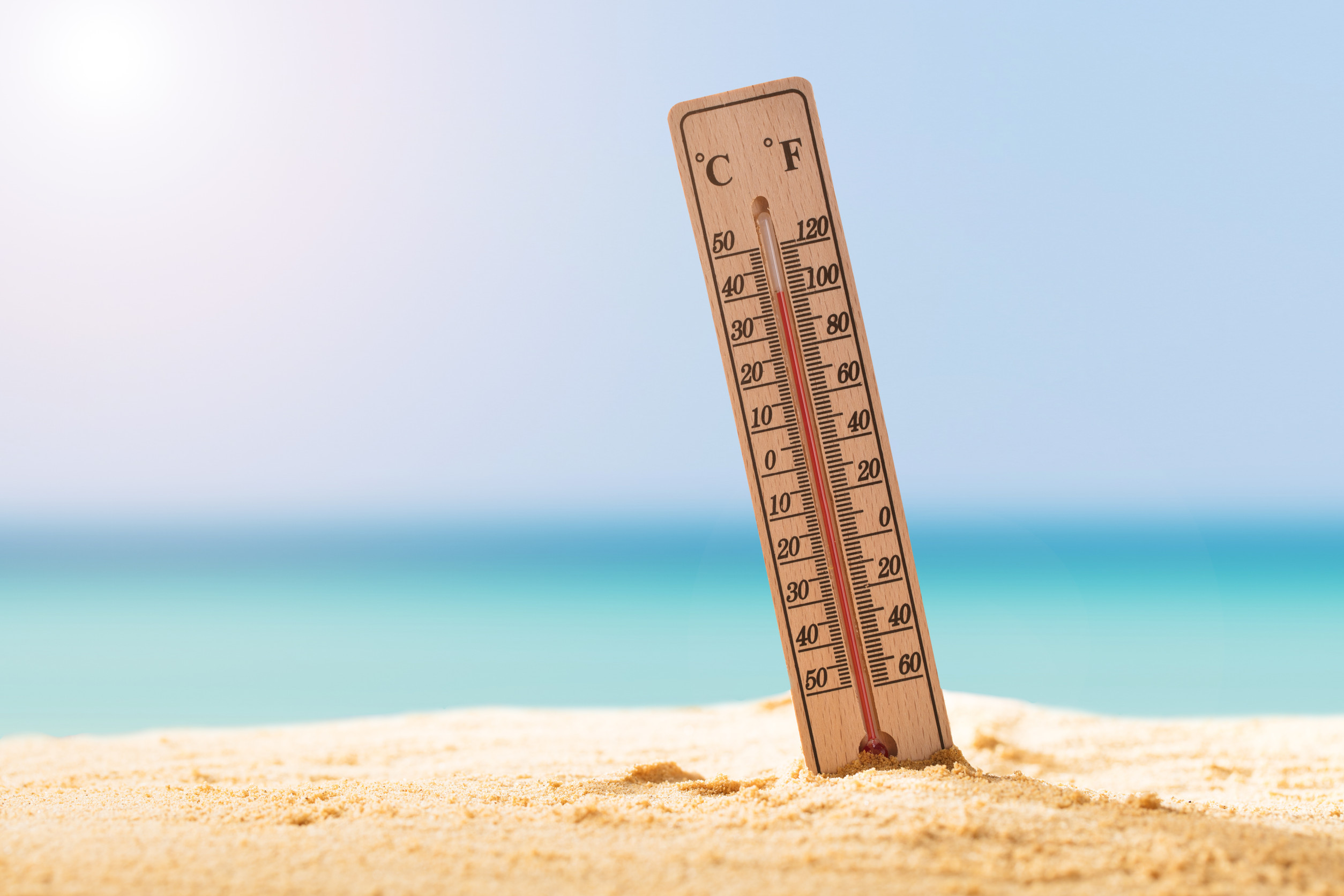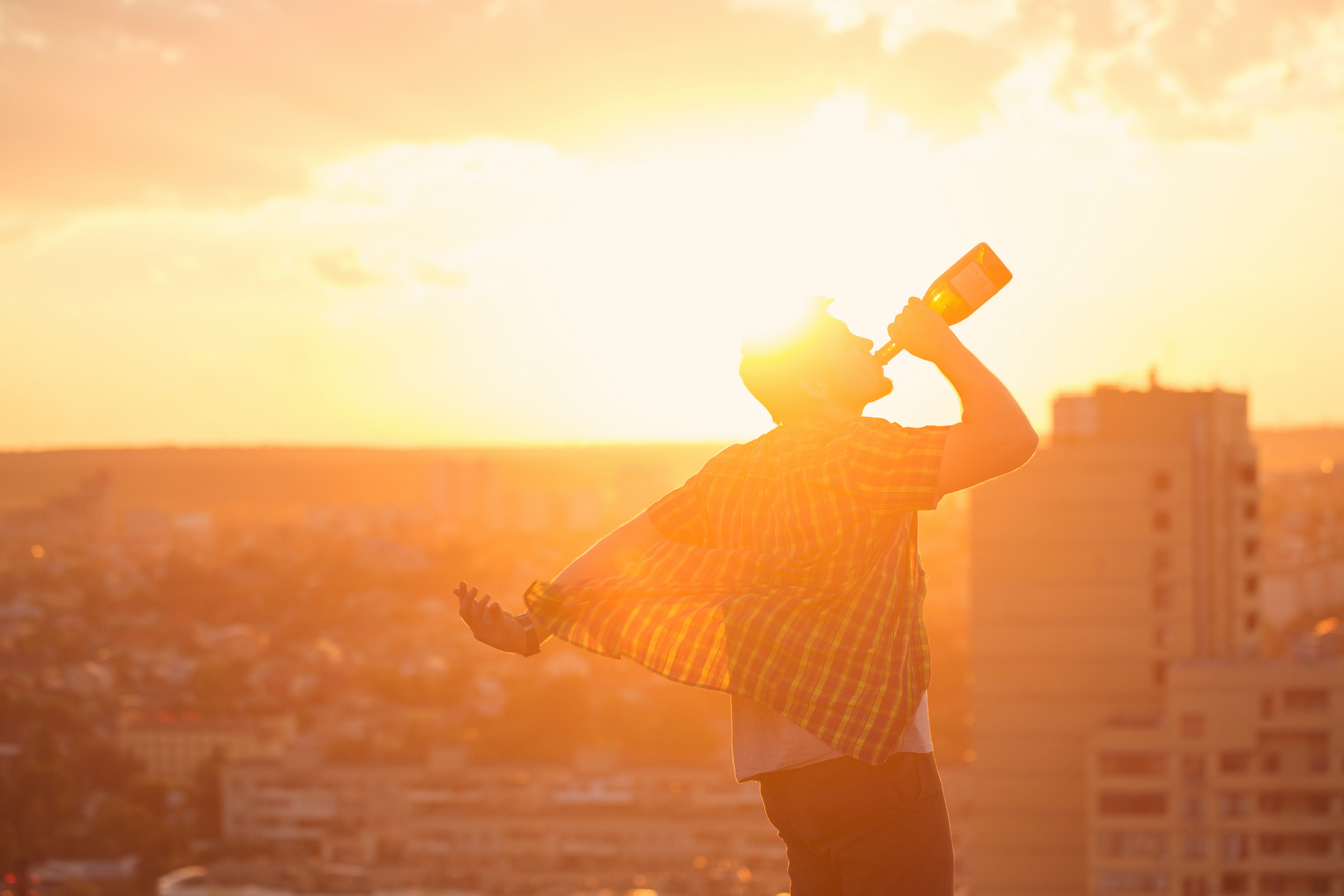As temperatures soar across the southwestern United States, health officials in Nevada and Arizona have issued advisories urging residents to avoid consuming coffee and alcohol during the ongoing heatwave. The National Weather Service (NWS) has reported that temperatures are expected to reach triple digits, posing significant health risks. The advisories aim to prevent dehydration and heat-related illnesses, which can be exacerbated by certain beverages. Understanding the reasons behind these recommendations can help residents stay safe during extreme heat conditions.
Two Western States Issue Heatwave Health Advisory

1. Caffeine and Alcohol Can Worsen Dehydration
Both caffeine and alcohol are diuretics, substances that increase urine production, leading to fluid loss. In hot weather, the body already loses fluids through sweat as it tries to cool down. Consuming diuretics can accelerate this fluid loss, increasing the risk of dehydration. Dehydration can impair the body’s ability to regulate temperature, leading to heat exhaustion or heatstroke. Therefore, avoiding these beverages during a heatwave is a precautionary measure to maintain hydration levels.
2. Health Officials Emphasize Hydration
The advisories recommend drinking plenty of water and electrolyte-rich fluids to stay hydrated. Residents are encouraged to consume beverages like sports drinks, coconut water, or oral rehydration solutions. These fluids help replenish lost electrolytes and maintain the body’s fluid balance. Staying hydrated is crucial for preventing heat-related illnesses and ensuring the body’s cooling mechanisms function properly. Regular intake of hydrating fluids throughout the day is advised, even if one does not feel thirsty.
3. Vulnerable Populations at Greater Risk
Certain groups, such as the elderly, children, and individuals with chronic health conditions, are more susceptible to heat-related illnesses. These populations may have impaired thermoregulation or limited access to cooling resources. Health officials stress the importance of checking on vulnerable individuals and ensuring they have access to cool environments and adequate hydration. Community support and awareness can play a vital role in protecting at-risk populations during extreme heat events. Simple actions like offering water or providing information about cooling centers can make a significant difference.
4. Recognizing Signs of Heat-Related Illness
Understanding the symptoms of heat-related illnesses can facilitate prompt intervention. Signs of heat exhaustion include heavy sweating, weakness, dizziness, nausea, and headache. If left untreated, heat exhaustion can progress to heatstroke, characterized by a high body temperature, confusion, rapid pulse, and loss of consciousness. Immediate medical attention is required for heatstroke, as it can be life-threatening. Preventative measures, such as staying hydrated and avoiding diuretics, are key to reducing the risk.
5. Alternative Ways to Stay Cool
In addition to avoiding certain beverages, residents are advised to take other precautions to beat the heat. Wearing lightweight, light-colored clothing can help reflect sunlight and facilitate cooling. Limiting outdoor activities during peak sun hours, typically between 10 a.m. and 4 p.m., is recommended. Utilizing fans, air conditioning, or visiting public cooling centers can provide relief from high temperatures. Employing multiple strategies enhances protection against heat-related health risks.
Staying Safe During the Heatwave

The advisories in Nevada and Arizona highlight the importance of proactive measures during extreme heat events. By understanding the effects of caffeine and alcohol on hydration and body temperature regulation, residents can make informed choices to protect their health. Staying hydrated with appropriate fluids, recognizing signs of heat-related illnesses, and supporting vulnerable community members are all critical steps. As climate patterns continue to shift, awareness and preparedness become increasingly vital. Taking these precautions can help mitigate the health impacts of heatwaves.
How do you stay cool and hydrated during extreme heat? Share your tips and experiences in the comments below!
Read More
Sucking The Life Out Of You: 4 Things You Are Doing That Dehydrate You Daily
Don’t Ignore These 5 Signs That You Are Dehydrated–Your Life Could Depend On It
The post Residents In Two States Told Not To Drink Coffee Or Alcohol This Week, Why? appeared first on Grocery Coupon Guide.







